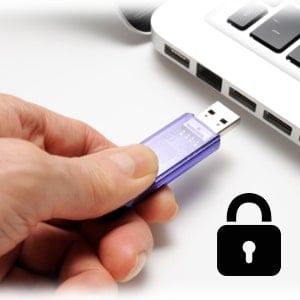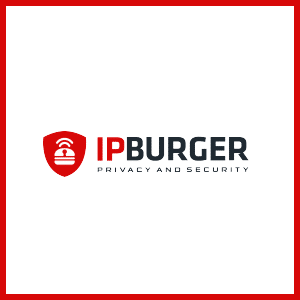If you think your home network is safe, then its time you reevaluate again. As long as your home network utilizes WIFI as a connection, you connect to the internet, and maybe you have allowed your friends to use your WIFI, then your home network is not safe. Furthermore, even your devices may not be safe. Here’s how to secure your home network;
 Secure your Wi-Fi
Secure your Wi-Fi
Securing your home network start by ensuring that your WIFI is safe. This usually concerns the router as it provides the only gateway to connect to the entire internet. Router security starts with changing the routers default passwords and usernames. This is because most common router credentials can be obtained from the internet. After your router is secure, go ahead and set a password for your WIFI connection. This ensures no one can connect to your home network without the password. To cater to your friends and other guests safely, set another guest Wi-Fi connection for them. Lastly, update your router’s firmware. Updates contain patches that fix bugs and vulnerabilities.
Secure your computer/Smartphone
Mostly when you are at home, you are likely to access your work, bank details, do some online shopping and other information-sensitive tasks. The devices you are likely to use are your computer or your smartphone. After securing your WIFI, these are the devices you should secure to avoid breaches. You can start with updating them, cleaning them (cache) and then don’t forget to use reputable antivirus software. Also, when installing apps especially on your smartphone, use the official store and beware of the permissions you grant them.
Secure the Internet of Things
After ensuring your main devices are safe, the next thing to do is securing your secondary devices which are primarily connected to your home network / the internet all the time. Most of them are hard to configure, and they will rely on the security of your router. But most of them also come with a default password which you can change. Such like the router, most of their passwords are found online. Securing your smart devices will ensure they are not hit by botnets which can impact your home network in general.
 Secure external storage devices
Secure external storage devices
You probably use a USB external storage device on your home network, maybe for entertainment or sharing of files seamlessly. One rule remains, the USB storage you use on your home network should not leave your home. But at times, need arises, and you may use the external storage for other purposes. Before you return it to your home network, scan it and ensure that its malware free.
More precautions
Besides all the security measures, there are some things you might overlook which can be security or even privacy risks. This includes the camera and microphone in your devices. To be secure, restrict access to camera and microphone in various devices. They should only activate when required. You can even cover them when not in use.
 Use a VPN: IPBurger
Use a VPN: IPBurger
A VPN is the ultimate tool that ensures your security and privacy is not compromised when connected to the internet. Even your ISP won’t know what you are up to. A VPN does this by encrypting your internet traffic and tunneling it through secure servers before reaching the internet. These encryptions ensure your internet is unreadable and inaccessible by prying eyes. A VPN also unlocks various opportunities such as gaining access to geo-restricted content and even ensuring that your ISP is not throttling your bandwidth.
You can centralize your VPN by setting it up on your router; this is helpful when protecting your smart devices. Another option is using the VPN individually on maybe your smartphone or your computer.

 Secure your Wi-Fi
Secure your Wi-Fi Secure external storage devices
Secure external storage devices Use a VPN: IPBurger
Use a VPN: IPBurger

